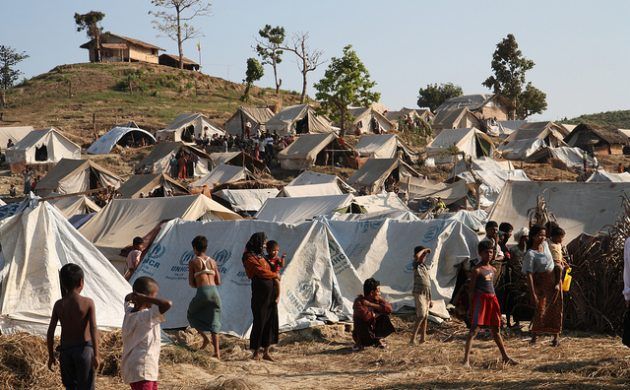As hundreds of thousands of Rohingya refugees continue to flee their homes in Myanmar to reach safety in Bangladesh, the situation for many remains critical.
The Danish government aims to aid the massive movement of displaced refugees by allocating 32 million kroner to the affected local communities via the UN Refugee Agency (UNHCR).
“It’s essential the international community shows support for the numerous refugees and affected local communities in southern Bangladesh, which are in dire need of help,” said the development minister, Ulla Tørnæs.
“I’m also pleased we will support the overall effort through the Danish development program in Bangladesh, which will include special initiatives for traumatised female refugees in co-operation with Bangladesh’s Ministry for Women and Children Affairs.”
READ MORE: Danish aid going to refugees from Myanmar
Ethnic cleansing
Since the violence escalated in the Rakhine state in Myanmar in August, the UN estimates that over 600,000 Rohingya refugees have fled to Bangladesh, where an additional 300,000 Rohingyas had already fled to earlier in the year.
The situation has also put a massive strain on the local area in Bangladesh, and Denmark has now set aside 52 million kroner in humanitarian funds to assist in the untenable situation in the region.
Described by the UN as being one of the most persecuted minorities in the world, the Rohingya population is not recognised as citizens under Myanmar law and they are denied access to state education and civil service jobs, while their freedom of movement has been restricted.
Myanmar’s persecution of the Rohingya population has been described by UN officials as ethnic cleansing.















